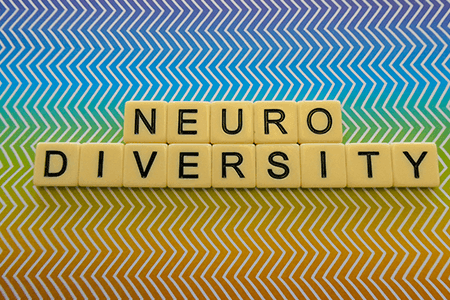Stress or something more serious?
By MAS Team
Stress affects everyone in different ways. In stressful situations some people seem remarkably calm while others quickly show the ‘jitters’, some people lose their appetite entirely, while others crave (often sugary) foods.
These variations can make it hard to clearly identify what is the impact of stress on any given person. When you’ve been facing stress over a longer period of time, such as getting to the end of academic year, it can be even more difficult to identify what changes are the result of this long term stress.

While these are common factors associated with stress, these are all also potential symptoms of depression and anxiety disorders. Stress can act as a risk factor for mental illness, making the line between the two even more blurry. There is no simple rule for determining when these symptoms indicate one or the other.
Think of these five features as a litmus test for how problematic things are. The greater of longer standing they are, the more important it is that you seek help. If you are concerned, all the better that you gain support without waiting for things to get worse.
If it is someone else that you are noticing these changes in, the greater the change, the more long standing, the greater the number of concerns, the greater the intensity, and the more significant the impact, the more need there is for you to check in, see how that person is doing, and ask whether they need support.
That best support can vary depending on what’s going on. Existing support networks of family and friends are essential, and getting a listening and supportive ear is typically hugely beneficial to those who are having a hard time.
Professional help is often useful – this help can be a source of ongoing support and treatment, or if things aren’t too bad it can be as simple as a ‘stocktake’ for piece of mind. More and more GP’s have experience and training in mental health, can prescribe some mental health medications such as antidepressants, and can make referrals to mental health specialists such as psychologists.
You can also seek support through student counselling services, who are well placed to understand the demands students are facing and support you accordingly.
Through your job or work placement you may also be able to access your organisation’s Employee Assistance Programme (EAP) for free and confidential counselling services.

Research shows that it is the absence of positive emotion that is more problematic for people than the presence of difficult emotions.

Neurological conditions such as autism can be devastating – for the affected families, obviously, but also for society at large.

Occupational and environmental physician Dr Alexandra Muthu believes more needs to be done to protect the physical, mental and emotional health and wellbeing of New Zealand workers.